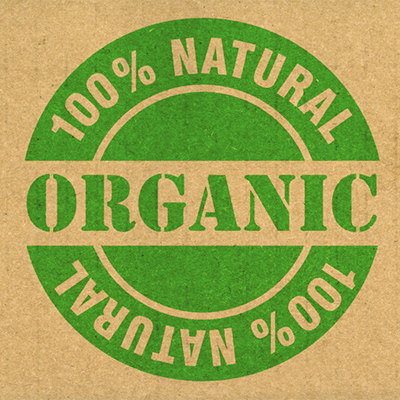 Media reports focussing on a new scientific review last week suggested that organic meat and milk could offer more health benefits than conventionally produced products. How strong is the evidence for this and might it support a change in practice in care homes?
Media reports focussing on a new scientific review last week suggested that organic meat and milk could offer more health benefits than conventionally produced products. How strong is the evidence for this and might it support a change in practice in care homes?
Researchers looked at data from around the world reviewing 196 research studies of milk, and 67 papers on meat to identify nutritional differences. Their conclusion was that the organic meat and milk provided some 50% more of the fats known as omega-3 fatty acids than their conventional counterparts.
Should care caterers be changing to organic foods to improve the health of their users?
There certainly has been an interest in omega-3 fatty acids in the diet for reduction in cardiovascular disease, improved neurological function and better immune function – but would changing our consumption to organic meat and milk translate to clinical improvements? Current research does not provide the evidence to support this.
An interesting aspect to note is that when looking at the level of omega-3 fatty acids in organic milk, the researchers are looking only at the composition of milk fat, a small proportion of the liquid milk, so whilst the increase in the milk fat reported may seem large, the actual increase to our diet would be relatively small.
Moreover there are better sources of omega-3 fatty acids in our diets. Nuts, as well as plant and seed oils, (like rapeseed , flaxseed and soy-bean oil) are sources of the omega-3 fatty acid alpha linolenic acid, whilst oily fish (e.g. salmon, mackerel, sardines, trout and herring) are important sources of longer chain omega-3 in the UK diet.
What other factors could we consider?
In addition, the review reported that organic milk was considerably lower in iodine, and milk and dairy currently contribute 37% of iodine intake in the UK for older adults
Another factor to consider is that the fatty acid profile might be more related to what the cows are being fed rather than purely whether they are organic or conventional – so that products from cows who rely more on fresh forage in the outdoor period will typically have higher omega -3 fatty acids concentrations whether they are being managed organically or not.
People choose organic foods for a variety of reasons, not only health, but animal welfare and personal philosophies, and the availability of organic foods provide greater consumer choice. However there are no studies that conclusively show a significant health benefit of organic over conventional produce, and as such swapping to organic is likely to have little physiological importance when considering public health or dietary recommendations.
So keep serving milk and meat – but on the evidence you don’t need to go organic for health reasons.






